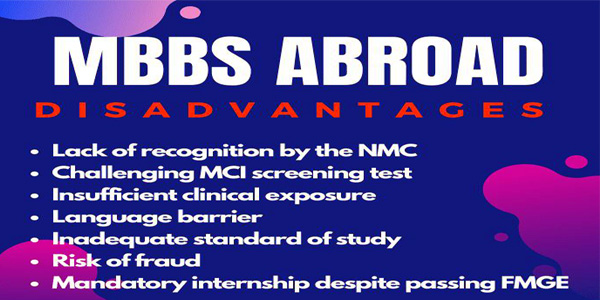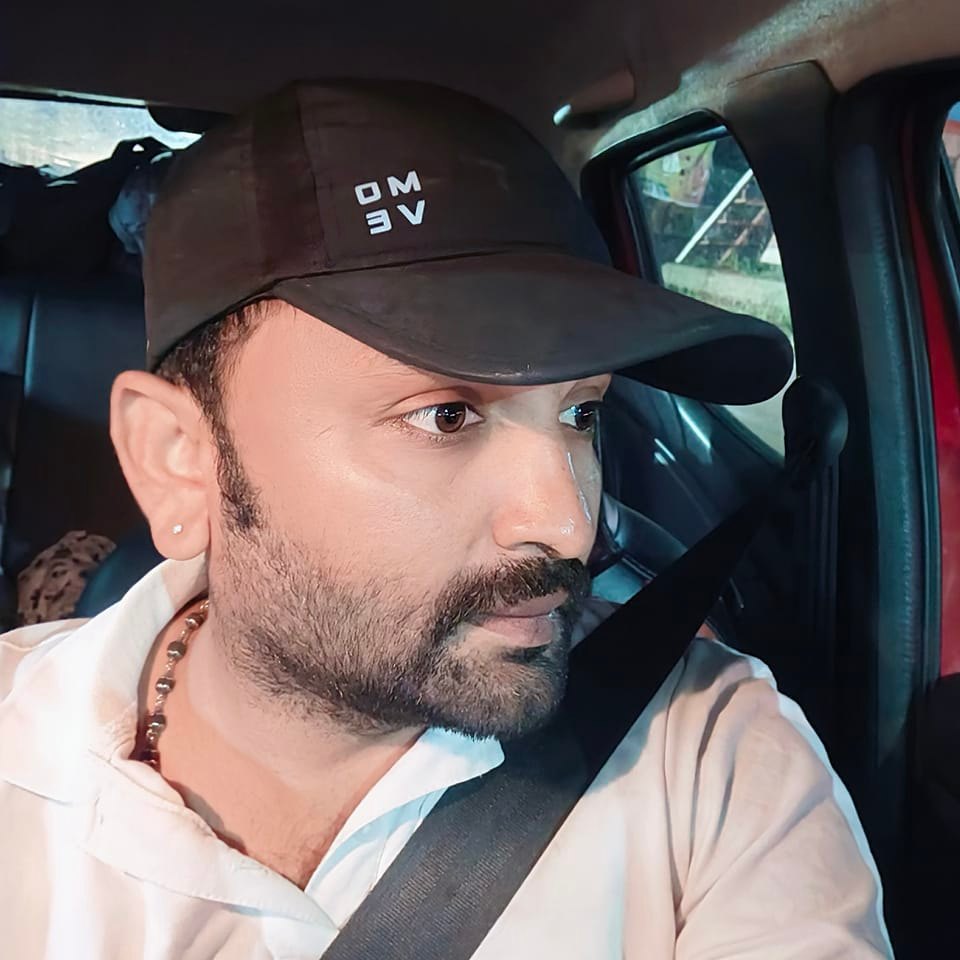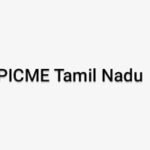Disadvantages of Studying MBBS Abroad, MBBS is the first step you take to enter the field of medicine and become a doctor. It is one of the most demanding careers in today’s society.
Apart from high competition and many NEET applicants competing for government medical seats, private medical colleges charge high fees, and medical education is challenging to afford.
These factors contribute to the decision of many students to study medicine abroad, where the cost of medical education is slightly lower than in private medical colleges in India.
7 Disadvantages of Studying MBBS Abroad

There are 7 Disadvantages of Studying MBBS Abroad, as mentioned below:
Lack of recognition by NMC:
The NMC (National Medical Council) does not recognise medical degrees from any other country except the 5 English-speaking developed countries, the United States, the United Kingdom, Canada, Australia and New Zealand. Studying in the above countries is very expensive.
That is why more than 10,000 Indian students go to China, Ukraine, Russia, the Philippines, Kyrgyzstan, Georgia, Bangladesh, Kazakhstan, Poland, Armenia, Nepal and other countries every year to pursue undergraduate medical courses.
To study in the countries mentioned above, one must pass the FMGE (Foreign Medical Graduate Exam) or MCI screening test, the required licensing test to practice in India. It had conducted by the National Board of Examination (NBE).
Challenging the MCI screening test:
The Foreign Medical Graduates Examination (FMGE), also known as the MCI (Medical Council of India) Screening Test, is a licensure examination conducted by the National Board of Examinations (NBE).
To practice medicine in India, an Indian citizen with a medical degree from an institution outside the country must pass the exam.
They will ask questions from a comprehensive and extensive MBBS syllabus (with 19 subjects). It is a demanding and challenging exam.
Based on data collected from the NBE, the number of medical students from many countries attempting the FMGE is increasing, but the pass rate has remained steady at an average of 10%. It translates to 1 out of every ten students passing the exam!
Adequate clinical exposure:
With adequate exposure to patients, medical education is complete. No matter how well you understand clinical and non-clinical concepts, you must apply them to patients to have a clear understanding.
Some countries have very low population densities, resulting in deficient patient exposure levels. Some countries do not even offer hospital internship opportunities due to many students taking in and needing more infrastructure to accommodate them all.
After they return to India, these students find it challenging to compete with other students. I need help to clear the FMGE exam despite multiple attempts.
Language skills:
It is the main disadvantage of studying MBBS abroad; if you are immigrating to one of the English-speaking countries, you will not face serious problems. But still, you may have trouble understanding the dialect and accent.
However, if you immigrate to a non-English-speaking country, you will face an even more formidable challenge.
Learning the local language is essential to study abroad, where English is not the native language. The best command of the local language is necessary to communicate effectively with patients. It is also essential to know that in some countries, teachers must be fluent in English.
Inadequate standard of education:
When we talk about MBBS abroad, we speak about many countries. And cannot generalise the quality of education in each of them. All of them differ in terms of pros and cons. However, the need for more quality education is evident. And the books and syllabus are only partially in line with mainstream universities in India.
There is much room for improvement in teaching, and students must be self-motivated to learn anything. The exams are not very challenging, and students are not required to work hard.
Risk of fraud:
There is a rich probability that you will meet someone who misguides you. Some will help you, but most won’t. Therefore, you should do your thorough research rather than unthinkingly following others.
It is also a good idea not to trust anyone who promises to get you in, as they will likely get a commission for your entry. Students must be made aware of the extreme climatic conditions in some countries. And the bilingual nature of most universities’ instruction languages.
Underestimating the base currency shows the lower cost of education to parents, and many expenses still need to be included.
The internship is mandatory even after passing the FMGE:
Despite qualifying for the FMGE exam, candidates must apply for an internship at an NMC-registered medical college in India. The duration of the training is one year. Only then will they be allowed to practice.
Summary
Studying MBBS abroad carries a lot of uncertainty. And risk, as the pass percentage in FMGE is very low, costs are high, and NMC only recognises medical degrees from certain countries.
FAQs
There will be language barriers. Even for the most advanced speakers, immersion into a new culture will stretch your language capabilities.
So, they should be admitted to an overseas university as it will not hamper their mind. Abroad, you will get excellent quality education and intensive training opportunities. There, you can properly design your bright medical career at an affordable cost.
They may obtain a license to practice in India. Foreign medical graduates can get the same career opportunities in India as Indian graduates. However, foreign medical graduates have to qualify for the exam. The Medical Council of India (MCI) is India’s governing body for medical education.
After passing the NMC (National Medical Commission) examination, medical graduates who have obtained MBBS degrees abroad can return to India and work in government or private hospitals. In addition, they can appear in the UPSC exam and contribute positively to the country.
Studying abroad provides students with diverse course options and much skill-based training. An Indian college does not offer various course options, but a foreign college offers you in-depth study and a wider range of courses.











